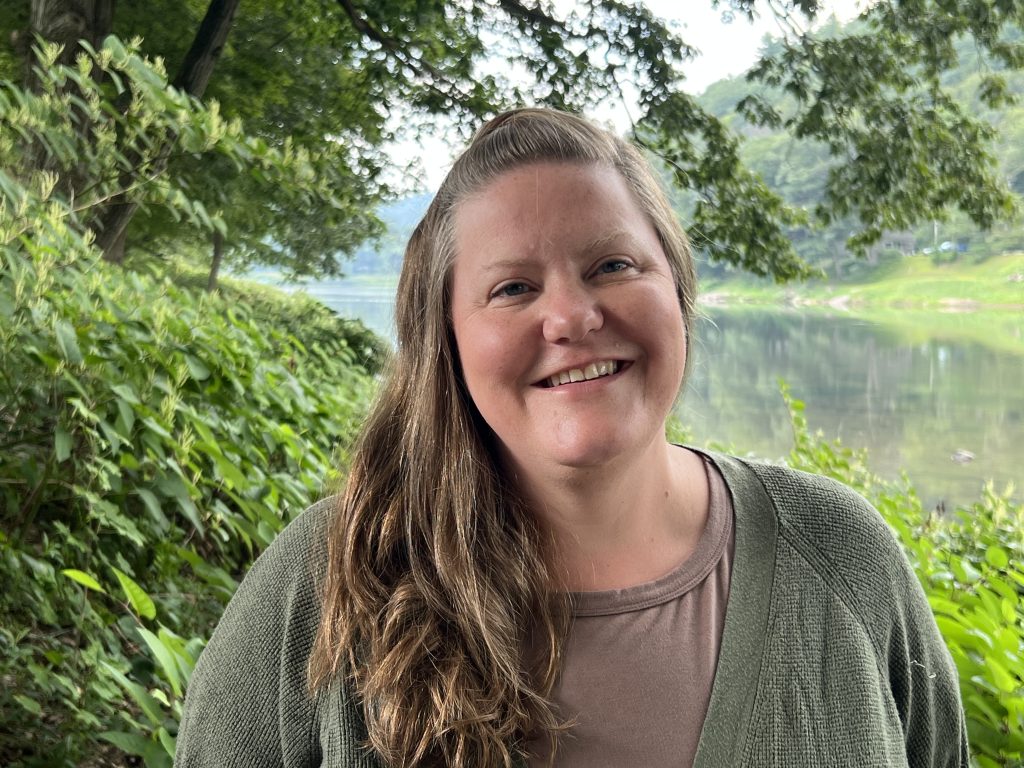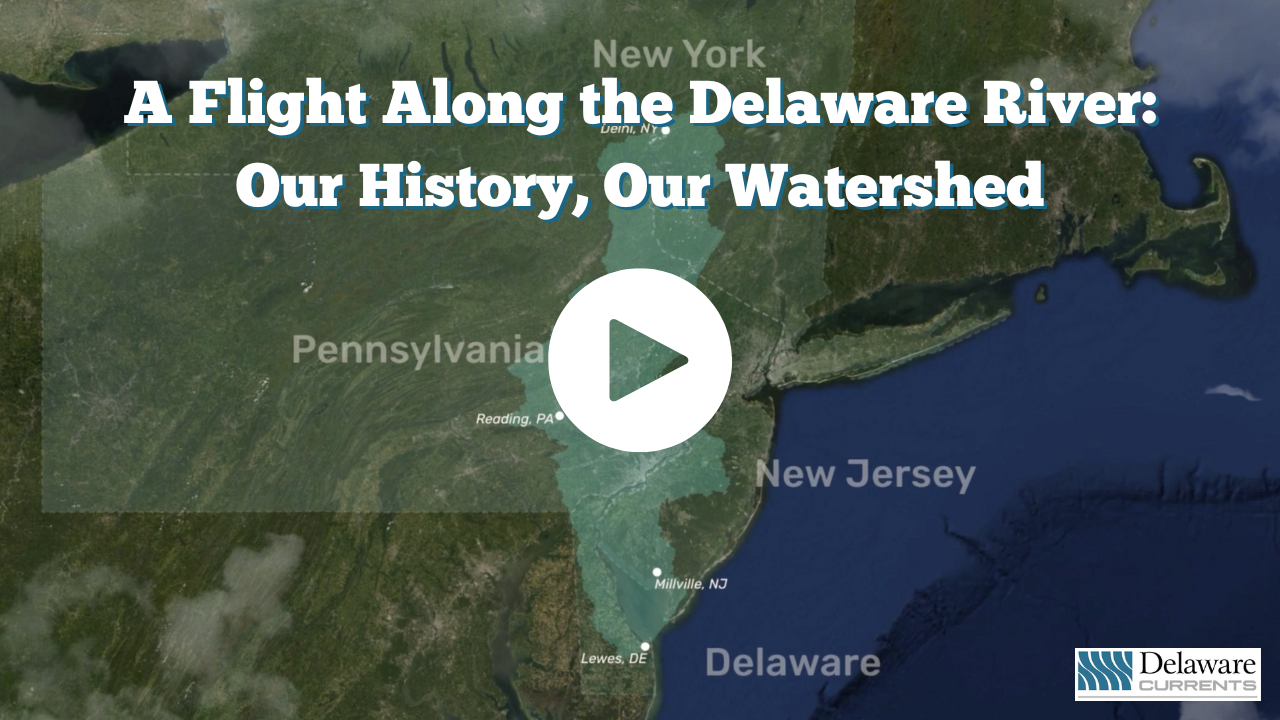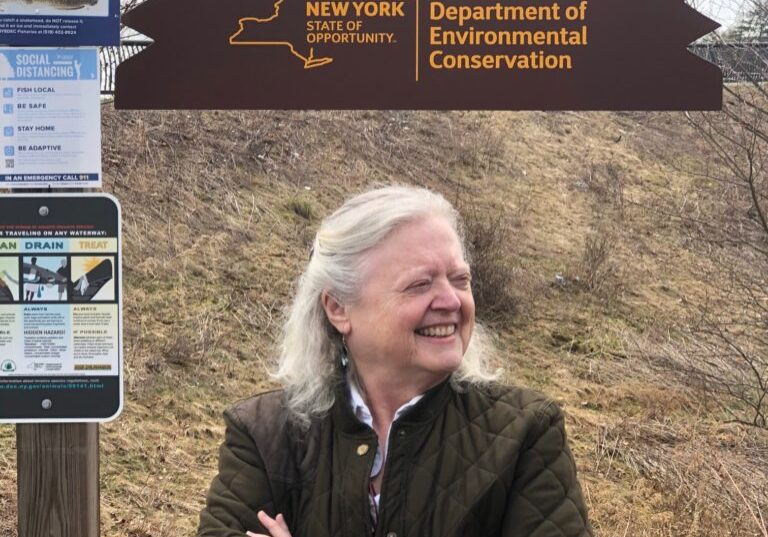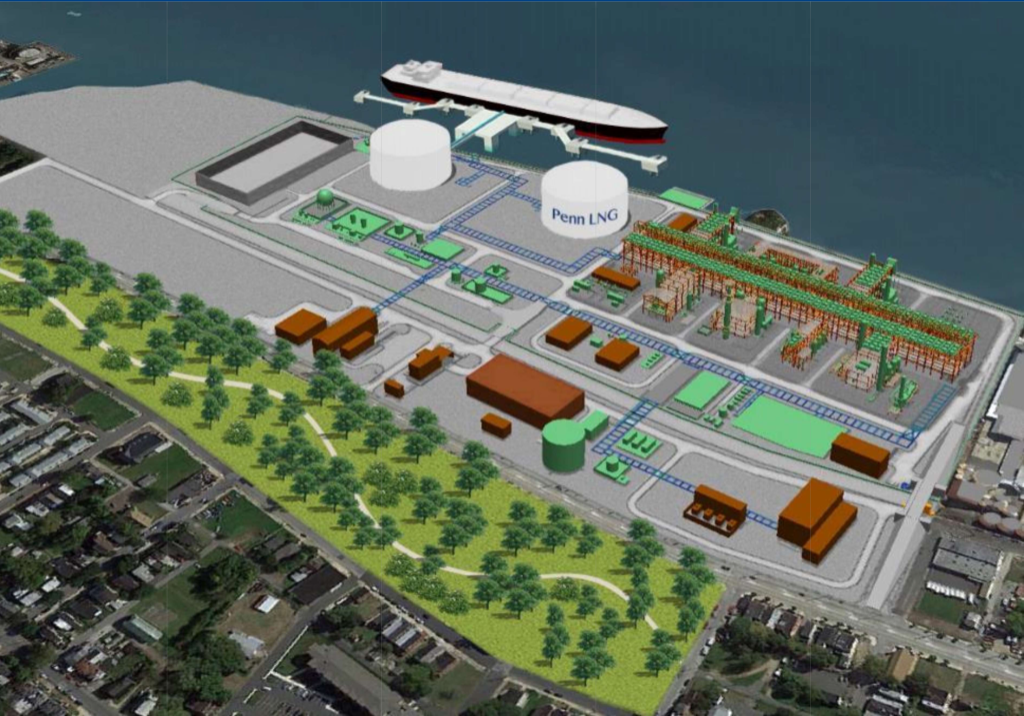
FUDR has a new executive director but she’s not new to the community
| September 11, 2025
Molly Oliver, the new executive director of the Friends of the Upper Delaware River, is clear-sighted about the troubling times that environmental organizations face, yet she is excited by the challenge.
FUDR is, first and foremost, she points out, an organization committed to sustaining the vigorous trout fishing of the upper river. Partnered with that is a commitment to the economic health of the municipalities of the upper river, which see significant economic benefit from the business that fishing brings.
But these are difficult times for environmental advocacy groups.
For FUDR, as for many environmental groups in the watershed, the problem is knowing when, or if ever, promised federal funding might come, and that creates a headache for planning. The key instrument that FUDR has used to help both trout and local communities is the federal money that comes to the region from the Delaware Watershed Conservation Fund, funneled through the National Fish and Wildlife Foundation.
That money is a year-by-year allocation that is shepherded through Congress by the Coalition for the Delaware River Watershed.
“But this year is uncertain,” said Oliver, “and that federal money is foundational.”
Funding has been a lifeline
Since 2018, FUDR has become expert at the art of figuring out the needs of various stakeholders and finding the matching funds that the program demands — those upper river municipalities are hard-pressed to find “extra” money for projects that can ameliorate flooding as well as provide recreation opportunities, which are some of the requirements for a project to get NFWF backing.
As Jeff Skelding, the former executive director of FUDR made clear:
“In close partnership with our conservation partners, including Trout Unlimited, Molly helped secure more than $9 million in funding since 2018 from federal and state sources for on-the-ground projects in the Upper Delaware River watershed that improve water quality, protect public infrastructure, mitigate flooding, protect wild trout habitat, and enhance recreational opportunities on the river.
“Through her years at FUDR, Molly has developed highly productive relationships with a wide diversity of watershed stakeholders and government decision makers at the federal, state, and local level and is well positioned to take the helm at FUDR.”
For next year, the appropriation for the Delaware River Basin Restoration Program — the way the money is allocated yearly by Congress for the Delaware Watershed Conservation Fund — is down a bit from previous years, but the real problem is the allocation, set for now at about $11.5 million, will automatically have $4 million lopped off to go to other Department of the Interior programs.
So, despite Oliver’s experience, the headache remains that the dearth of federal funding, or even the unexpected “freezes,” have created a competition for scarce resources among the many needs that federal dollars are used to address.
And as FUDR looks to other agencies, perhaps at the state or county level, to maybe step in and help out, Oliver is also sensitive to a hard reality: “Environmental projects may take a back seat to finding the money for food help or heating or helping people keep a roof over their heads.”
William Penn Foundation money is also fading
Added to that money worry is another fact that many watershed organizations are dealing with — no more William Penn Foundation money.
The William Penn Foundation is a grant-making foundation in Philadelphia. And for 10 years, the foundation’s focus was on the water resources of the basin, and especially on getting clean water for Philadelphia. During that time, it granted millions of dollars in pursuit of that goal, aiding in the creation, for example, of the Coalition of the Delaware River Watershed, and in so doing, helped to turn on a significant pipeline for federal dollars.
But the foundation’s next 10-year focus is the welfare of the city of Philadelphia, a worthy ambition but it does mean, for FUDR, the loss of $150,000 annually.
“Some of that money paid for me, as policy director,” her previous position at FUDR, said Oliver, as well as for other initiatives. The goal for that money was to create pathways for other resources, and the investment certainly paid off.
And just in time.
Partnerships with other advocacy groups, like the New York League of Conservation Voters, helped get state money for FUDR.
“The first year, FUDR got $300,000 from New York State’s Environmental Protection Fund,” Oliver said. “In years two, three and (we’re in year four) it’s from the Aid to Localities of $350,00.”
Oliver will just have to wait and see how the funding pans out.
Salaries and health insurance are a worry: “To have no certainty about next year. Can we keep staff? Add staff? Plan for five years, 10 years?”
FUDR now employs five staff members, with Skelding, who is now half time, devoting all his time to the welfare of the trout fishery.
Oliver’s story
Oliver has deep roots in the upper river, since she was born and raised in Meredith in Delaware County.
She left at 17 to go to college at Marywood in Scranton, Pa.
She recollected that time in an email: “I was a confused 17-year-old when I started college, and it took me some time to figure things out. I still remember that I went in undecided, and tried out: Graphic Design, Art Education, Sculpture, Ceramics, and pre-Chiropractic 😀 … It was a wild ride.”
She eventually found her passion in Landscape Architecture, and attended SUNY’s College of Environmental Science and Forestry. Then it was off to Washington, D.C. (“That was super fun.”)
She lived there for four years, and when her first job in her field didn’t pan out, she became a waitress to make ends meet (“Not going on unemployment!”) Then came a job as a contractor, working on interesting projects like urban infill, old warehouse redesign and apartments and multi-family housing.
Still not sure what she wanted to do, she decided to try and get a master’s degree from Penn State and maybe teach. She was a teaching assistant and only then realized that she hated teaching.
From her email: “As part of my grad work I studied conflict resolution, Rural Sociology, and specifically understanding environmental conflicts.”
Which likely comes in handy when dealing with the inescapable conflicts that come with the job.
Homecoming
Then she thought she might find something in the public sector. To her surprise, a job opened up in the Delaware County Planning Department, and she got it.
Coming back to Delaware County, she acknowledged: “Yes, I was coming home, but I never expected to stay!”
She was in planning for 18 months, then went to work in the county’s Department of Watershed Affairs with Dean Frazier, with the possibility that “when he retired, I could become the head of that department. But that department got combined with the Planning Department.”
Frazier, now retired, is eloquent when talking about Oliver’s aptitude for her now role. Frazier recollected the somewhat fractious state of the relationship between FUDR and some members of the community as well as some municipalities. The cause most often cited is fracking. While FUDR was seen to be against it, the communities were eager to cash in on the prospect.
Most of that happened well before Oliver’s arrival at FUDR, but it was during the time she worked at the Delaware County Planning Department and then with Frazier at the Department of Watershed Affairs.
“She is so strong in so many ways,” he said. “She’s incredibly intelligent, organized, respectful of every position. She doesn’t get rattled in controversial issues, and she looks for common ground.”
But when Frazier retired, instead of Oliver getting a chance to fill that role, the county reorganized and that job disappeared.
A chance encounter and an opportunity
As luck would have it, she was in a parking lot after a meeting contemplating her future when she ran into Skelding and FUDR’s deputy director, Sherri Resti Thomas, when they popped the question: “You wanna work for FUDR?”
Clearly the answer was yes.
“That was seven years ago, in 2018. I have worked a policy director until this past April when I became executive director,” Oliver said.
There wasn’t a lot of fuss about hiring her into this role, and she’s developed a close relationship with Craig Bouslough, FUDR’s chairman of the board, who also had good things to say:
“In discussion and collaboration with the FUDR Board of Directors, I felt like Molly was the best choice to succeed Jeff Skelding as the new executive director for the organization. Molly has been a highly successful program director at FUDR for more than seven years. When she came to FUDR, she already had extensive experience working for Delaware County, N.Y., on Upper Delaware watershed issues and brought us numerous new partners and relationships that have since greatly enhanced FUDR’s reach and influence at the local and regional level.
“From day one with FUDR, she steadily built and diversified the organization’s conservation programs and strengthened our community-based presence. We are excited to have Molly at the helm and anticipate she will be a strong and successful leader who will help our organization continue to grow and evolve.”
Goals for FUDR
“I want to ensure its sustainability as an organization,” Oliver said, “and navigate the federal uncertainty. Beyond that, understanding that the watershed doesn’t observe municipal or any sort of governmental boundaries, we could look more towards working with Pennsylvania and New Jersey. There’s lots of potential for conservation work.”
And, she wants to make sure that readers know, despite the difficulties, she is very excited about her new role,
“A new and different challenge in the evolution of FUDR,” she said, adding, “Jeff (Skelding) is still part of FUDR to keep our roots strong.”
And though she’s not an angler, she said her “focus is on conservation. I plan for the long-term survival of the fishing, especially trout fishing here in the upper river. And the importance of partnering with the community to help us further our critical work.”
She remains, characteristically, optimistic: “There are more good times to come. Some things we just need to push past.”
And listen to Frazier again: “Molly will think of something, and she knows how some funding may dry up only to come back again. Molly has perseverance.”
To get a better insight into the funding cocktail that FUDR has used over the past five years to bring about $9 million into the upper river — as well about the federal program — here’s a partial list of stories we’ve done about the DRBRP (affectionally known as Dr. Burp):
Dozens of projects awarded $17.3 million from Delaware Watershed Conservation Fund
Cadosia fishing access site opened in Upper Delaware River
New access helps residents to have fun on the Delaware River


![DC_Image [Image 4_Assunpink Meets Delaware] meets Delaware The Assunpink Creek on its its way to meet the Delaware River. The creek passes through woods, industrial and commercial areas and spots both sparkling and filled with litter.](https://delawarecurrents.org/wp-content/uploads/bb-plugin/cache/DC_Image-4_Assunpink-meets-Delaware-1024x768-landscape-14f069364113da5e8c145e04c9f2367c-.jpg)




Hi Meg I wanted to know if you have any family history on the wintermute family from the days of the tox island dam they are one of the familys that lost there home and history I was lucky enough to talk to the last wintermute that was part of the rowett family from the 1800s through the early 2000s